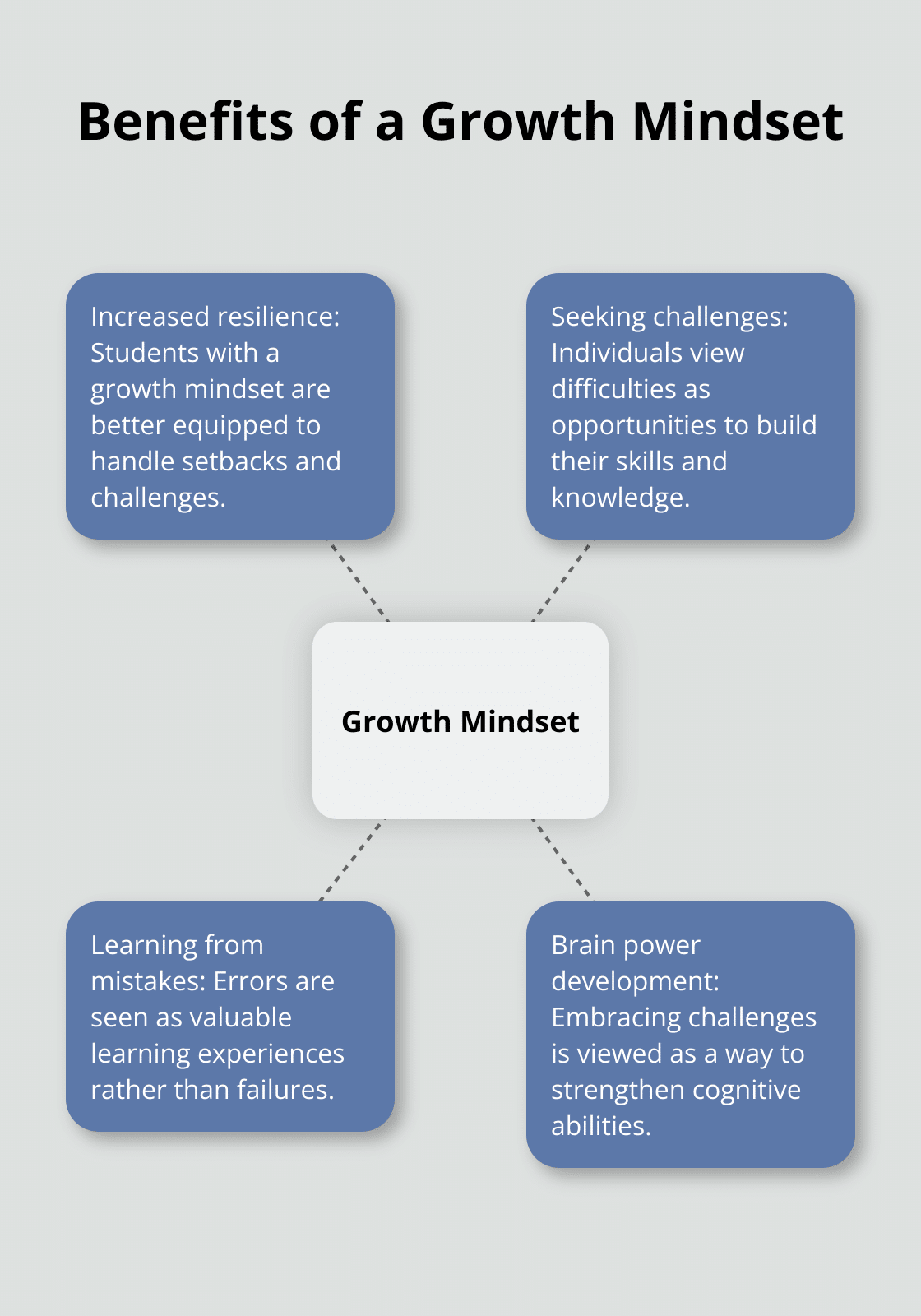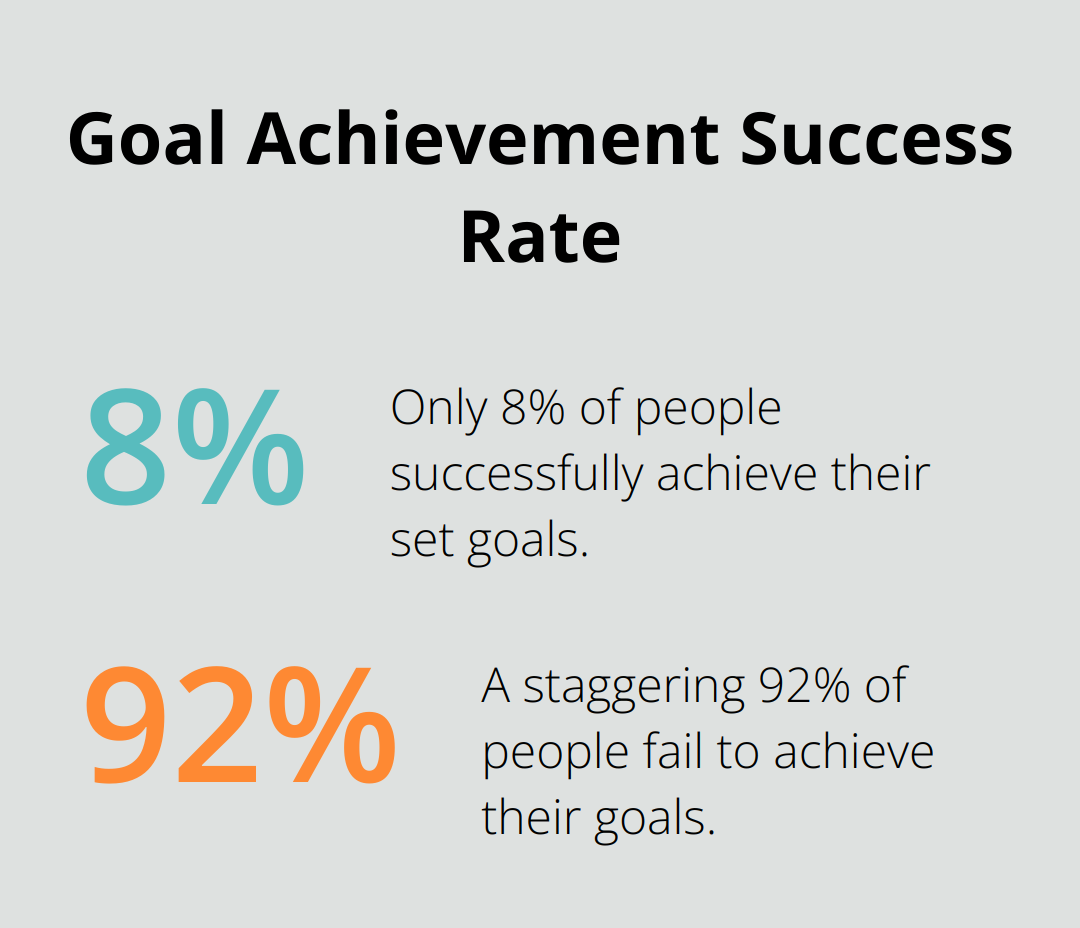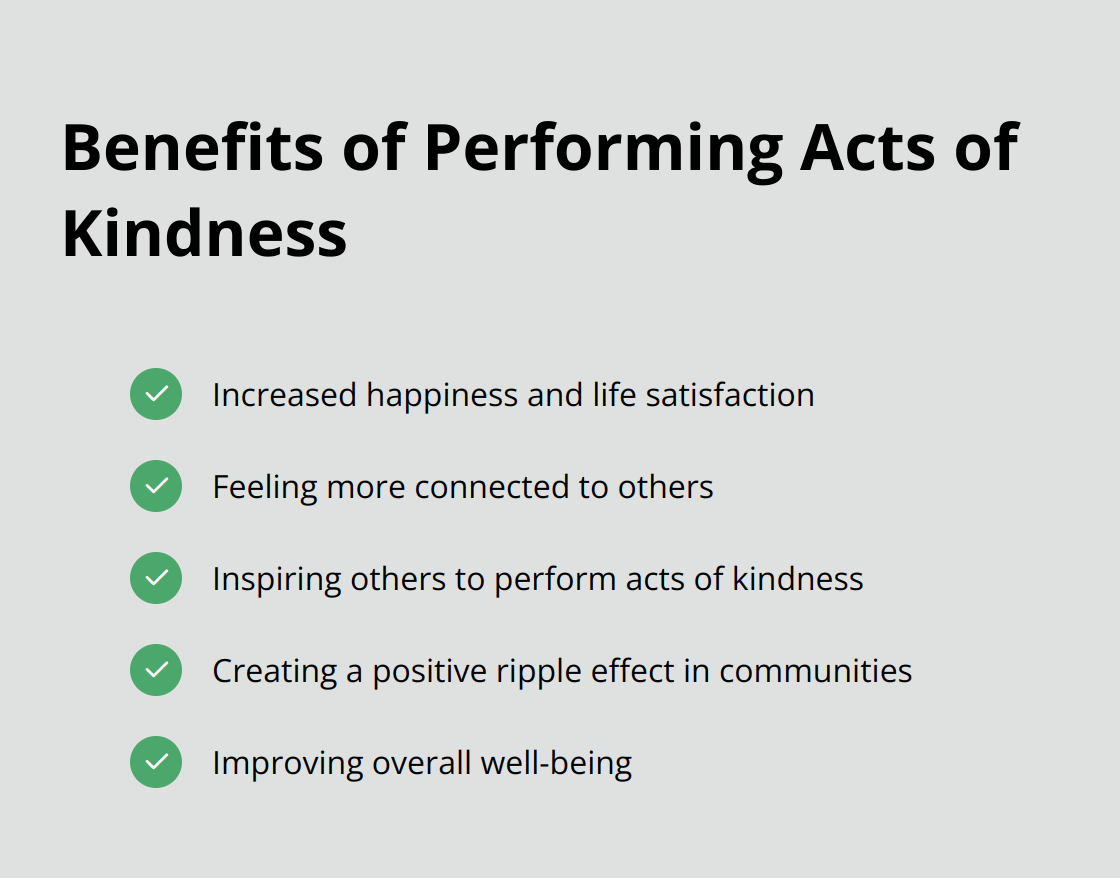Words have incredible power to shape our mood and outlook. At Global Positive News Network, we believe in harnessing this power to spread positivity and inspire change.
Positive quotes and good vibes can be the spark that ignites personal growth, fuels success, and encourages kindness. In this post, we’ll explore uplifting quotes that can boost your spirits and help you share that positivity with others.
Transforming Challenges into Growth
Reframing Setbacks as Stepping Stones
Life often presents obstacles that can seem insurmountable. However, these challenges often become catalysts for our greatest personal growth. Many individuals have turned adversity into opportunity, showcasing the power of resilience.
When faced with difficulties, it’s important to shift our perspective. Instead of viewing setbacks as failures, we can see them as valuable learning experiences. Research shows that students with a growth mindset are more resilient. They tend to see mistakes as a chance to grow and seek out challenges as a way to build their brain power.

To cultivate this mindset, ask yourself: “What can I learn from this situation?” or “How can this challenge help me grow?” This simple shift in thinking can transform obstacles into opportunities for personal development.
Embracing Change as a Catalyst for Progress
Change is inevitable, but our response to it is a choice. Embracing change, rather than resisting it, can lead to unexpected opportunities and personal breakthroughs. A study published in the Journal of Personality and Social Psychology found that individuals who willingly adapt to change report higher levels of life satisfaction and emotional well-being.
To become more adaptable, identify one small change you can make in your daily routine. It could be as simple as taking a different route to work or trying a new hobby. Practicing flexibility in small ways will build the resilience needed to navigate larger life changes with confidence.
Nurturing Self-Compassion for Lasting Growth
Self-love and acceptance form the foundation of personal growth. Research has found that self-compassion is associated with reduced self-presentation concerns and increased student communication behavior.
To cultivate self-compassion, try speaking to yourself as you would to a close friend. When you make a mistake or face a setback, acknowledge your feelings without judgment, and offer yourself words of encouragement. This practice can help build resilience and foster a more positive self-image.
The Power of Positive Affirmations
Positive affirmations can significantly impact our mindset and behavior. Research from Carnegie Mellon University suggests that self-affirmation can protect against the damaging effects of stress on problem-solving performance. Incorporating daily affirmations into your routine can boost confidence and resilience.
Try creating a list of personal affirmations that resonate with you. Examples include “I am capable of overcoming any challenge” or “I grow stronger with every experience.” Repeat these affirmations daily, especially when facing difficult situations.
Leveraging Support Systems
No one achieves growth in isolation. Building and maintaining strong support systems can significantly enhance our ability to overcome challenges and grow. A study in the Journal of Experimental Social Psychology found that individuals who thought about a supportive friend or family member showed increased self-confidence and were more likely to view challenges as surmountable.
Identify key people in your life who provide positive support. Reach out to them regularly, share your goals and challenges, and don’t hesitate to ask for help when needed. Their encouragement and perspective can provide valuable insights and motivation on your growth journey.
As we move forward, let’s explore how these principles of personal growth can translate into tangible success and achievement in various aspects of life.
Turning Dreams into Reality: Motivational Quotes for Success and Achievement
Success and achievement often start with a vision. This process involves setting clear goals, maintaining a positive mindset, and persevering through challenges.
The Science of Goal Setting
A study by the University of Scranton found that only 8% of people who set goals manage to achieve them. This means a staggering 92% of people fail to achieve their goals.

To set effective goals, use the SMART criteria: Specific, Measurable, Achievable, Relevant, and Time-bound. For instance, instead of saying “I want to be healthier,” set a specific goal like “I will exercise for 30 minutes, five days a week, for the next three months.”
Harnessing the Power of Visualization
A study published in the Journal of Imagery Research in Sport and Physical Activity found that athletes who used visualization techniques alongside physical practice improved their performance more than those who only practiced physically.
Try this: Spend 5-10 minutes each day to visualize yourself achieving your goals. Engage all your senses in this mental rehearsal. What does success look, feel, and sound like? This practice can boost motivation and help you overcome obstacles.
Building Resilience Through Positive Self-Talk
Our internal dialogue significantly impacts our ability to persevere. A study in the Clinical Psychology Review showed that positive self-talk can improve self-confidence, reduce anxiety, and enhance performance under pressure.
Create a list of personal mantras that resonate with you. Examples include “I can overcome any challenge” or “Every setback sets me up for a comeback.” Repeat these phrases during difficult times to maintain a positive mindset.
The Compound Effect of Small Actions
Success often results from consistent, small actions rather than grand gestures. James Clear, author of “Atomic Habits,” suggests that improving by just 1% each day can lead to significant growth over time.
Identify one small action you can take daily towards your goal. If you want to write a book, commit to writing 500 words each day. These small steps (when consistently applied) can lead to remarkable achievements.
Embracing Failure as a Learning Opportunity
Failure often paves the way for success. Thomas Edison famously said, “I have not failed. I’ve just found 10,000 ways that won’t work.” This mindset transforms setbacks into valuable learning experiences.
Keep a “failure journal” to document lessons learned from each setback. This practice (recommended by many successful entrepreneurs) can help you identify patterns, refine your approach, and maintain a growth-oriented perspective.
As we explore the power of motivational quotes and success strategies, it’s important to remember that true fulfillment often comes from how we impact others. Let’s now turn our attention to the role of kindness and compassion in creating a positive ripple effect in our communities and beyond.
How Kindness Transforms Lives
The Science of Kindness
Kindness has the power to transform lives, not just for the recipients but also for those who practice it. Research from the University of California, Berkeley found that performing acts of kindness can significantly boost happiness and life satisfaction. A study published in the journal Emotion revealed that people who performed just seven acts of kindness in a week reported feeling happier and more connected to others.

Try the 7-day kindness challenge. Perform one intentional act of kindness each day for a week. This could be as simple as leaving a positive note for a coworker or helping a neighbor with their groceries. Keep a journal to record your experiences and how they made you feel.
Building Stronger Connections Through Empathy
Empathy forms the cornerstone of meaningful relationships. A study examined the association between partners’ empathy and relationship quality among cohabitating couples.
To cultivate empathy, practice active listening. When you converse with others, focus entirely on understanding their perspective without interrupting or formulating your response. Ask open-ended questions to encourage deeper sharing. This simple practice can dramatically improve your relationships and create a more supportive social network.
Creating Lasting Impact in Your Community
Individual acts of kindness can snowball into significant community change. The Random Acts of Kindness Foundation reports that 88% of people who witness an act of kindness feel inspired to perform their own.
To maximize your impact, consider starting a kindness initiative in your local community. This could involve organizing a neighborhood clean-up day, starting a community garden, or initiating a “pay it forward” campaign at local businesses. Document these efforts and share them on social media to inspire others and create a wider ripple effect of positivity.
The Ripple Effect of Compassion
Compassion creates a powerful ripple effect (often extending far beyond the initial act). When you show kindness to one person, they’re more likely to pass it on to others, creating a chain reaction of positivity. This phenomenon, known as “emotional contagion,” highlights how individual actions can influence entire communities.
Try to incorporate small acts of compassion into your daily routine. Hold the door for someone, offer a genuine compliment, or simply smile at a stranger. These seemingly insignificant gestures can brighten someone’s day and inspire them to spread kindness further.
Cultivating a Culture of Kindness
Organizations and communities that prioritize kindness often experience numerous benefits. Studies have shown that workplaces with a culture of kindness have higher employee satisfaction, increased productivity, and lower turnover rates.
To foster a culture of kindness in your environment (whether at work, school, or in your community), lead by example. Recognize and celebrate acts of kindness when you see them. Encourage others to share their experiences of giving and receiving kindness. This approach can create a positive feedback loop, reinforcing kind behavior and inspiring others to participate.
Final Thoughts
Positive quotes and good vibes possess the power to reshape our reality and influence our actions. Words can rewire thought patterns, boost confidence, and provide motivation to overcome challenges. The impact of uplifting messages extends far beyond momentary inspiration, creating an environment that nurtures success and personal fulfillment.
Integrating positive affirmations into daily routines doesn’t require complexity. Select a few resonant quotes, write them where you’ll see them often, and use them as mantras or phone backgrounds. Consistency is key – make positivity a daily practice to transform your outlook on life.
We at Global Positive News Network dedicate our platform to sharing inspiring content that promotes peace, kindness, and optimism. Your engagement with positive news contributes to a ripple effect of goodwill (inspiring others and fostering a cycle of positivity). Join us in harnessing the power of uplifting words to create a brighter, more hopeful world for all.


